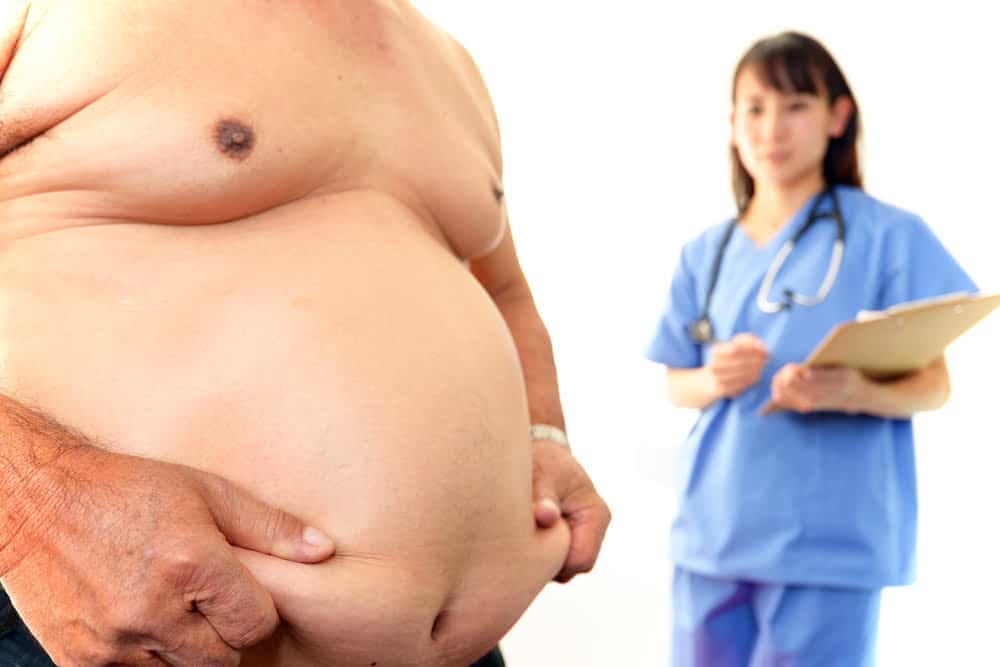 Typically when we think of malnutrition we think of people not getting enough to eat. However, not getting enough to eat is just one component of malnutrition. While you may think that only those who eat very little are at risk of being malnourished, you’re wrong. In the U.S. many people suffer from vitamin deficiencies that can lead to more serious problems like cardiovascular disease, osteoporosis, cognitive impairment, anemia and even cancer. You, yes you, might be malnourished.
Typically when we think of malnutrition we think of people not getting enough to eat. However, not getting enough to eat is just one component of malnutrition. While you may think that only those who eat very little are at risk of being malnourished, you’re wrong. In the U.S. many people suffer from vitamin deficiencies that can lead to more serious problems like cardiovascular disease, osteoporosis, cognitive impairment, anemia and even cancer. You, yes you, might be malnourished.
Malnutrition is when people do not get enough of nutrients to keep their bodies functioning properly. It can occur in people who don’t eat enough food, but it can also occur in people who eat too much of the wrong foods. If you experience any of the following symptoms, you may want to reexamine your diet to ensure you are getting the proper vitamins, minerals and amounts of protein.
-Dry Skin
-Damage hair & nails
-Grogginess
-Slow wound healing
-Low energy
-Irritability
-Poor Concentration
-Hard time staying warm
If you experience more than two of those symptoms, it’s time for a wake up call. You aren’t getting the nutrients you need. Fortunately, malnutrition is not permanent. You can fix it, and we’ll teach you how.
How to Get More Nutrients
Avoid Refined Foods

If you feel like you are eating enough foods, but are still suffering from some of the above symptoms, chances are your diet is missing the essential nutrients your body needs to function properly. It’s time to cut out the refined ingredients in your diet and replace them with nutrient dense foods. When ingredients go through refining and processing, they lose a lot of their nutrients. If you eat out a lot, or if you are always eating foods from boxes, bags, and cans, it doesn’t matter how much you eat, you are likely malnourished. Add more whole, raw, and unprocessed foods into your diet. Instead of eating white bread, it’s time to make the switch to whole wheat. Avoid products that list enriched flour as an ingredient. Stay away from canned fruits and vegetables and reach for fresh produce. Making small changes like this can help prevent malnutrition.
Eat Enough Protein
If you aren’t eating enough meat, you are likely to suffer from many of the symptoms of malnutrition. Eating lean meats like tuna, chicken, turkey and white fish are great ways to get protein. If you don’t eat meat, you still have plenty of options to get protein such as eggs, cottage cheese, soy, whey protein, nuts & seeds, quinoa and many more. Many Americans, especially women, are low on iron. Iron can be absorbed from eating red meat like lean veal and steak. For men and women over the age of 19, it’s recommended to
get between 46-56 grams. This amount increases based on activity levels and health goals.
Take A Multivitamin
Multivitamins are the most convenient way to ensure you are
getting the nutrients you need. They
are usually taken a couple times per day and by doing so you receive 100% of the daily value of most of the nutrients your body isn’t getting from what you eat. Multivitamins are easy to find, but not all of them are created equal. A lot of vitamins found in stores are synthetic, and they aren’t always absorbed properly by your body. It’s recommended that you take a food based multivitamin like Multi 20. This means that the nutrients aren’t formulated in a lab, they are extracted from actual food and those nutrients are then packed into the food based vitamin.
When it comes to your body, it’s essential that you are treating it right, a large part of that is providing it with the nutrition it needs at any weight. Examine your diet and decide, are you malnourished? If the answer is yes, it’s time to make some changes before it’s too late.


